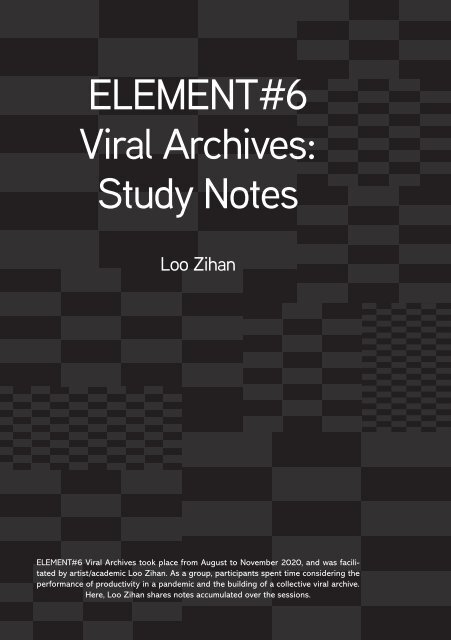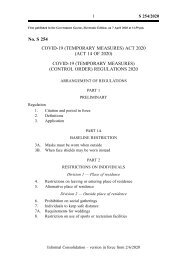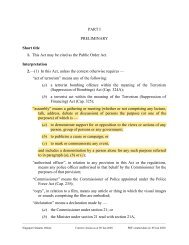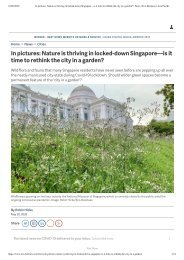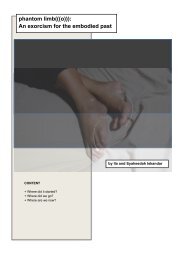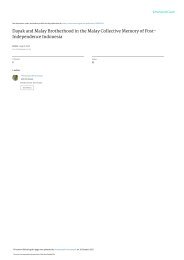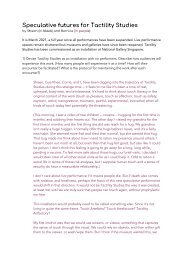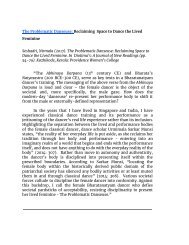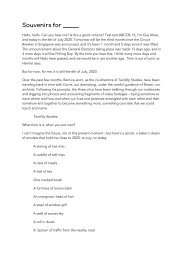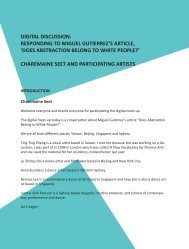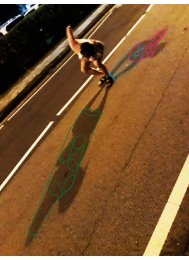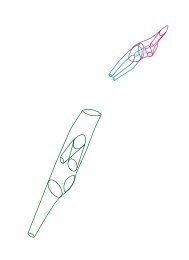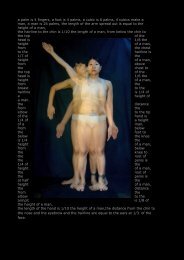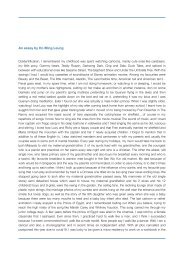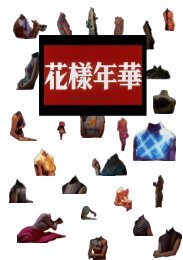FUSE#5
This edition of FUSE consists of articles contributed by artists who participated in Dance Nucleus' programmes in 2020.
This edition of FUSE consists of articles contributed by artists who participated in Dance Nucleus' programmes in 2020.
Create successful ePaper yourself
Turn your PDF publications into a flip-book with our unique Google optimized e-Paper software.
ELEMENT#6 Viral Archives: Study Notes<br />
From August to November 2020, I facilitated a small study group of<br />
artists in a workshop titled Viral Archives. We convened six times over<br />
a duration of the three months in-person and online with two main<br />
intentions, the first was to share research methodologies in relation<br />
to artistic practice, and the second to share a space where we could<br />
unpack our experience of the lockdown due to COVID-19 earlier this<br />
year. We started with a group of five participants and concluded with an<br />
intimate session of three. Various participants joined and dropped out<br />
and this was part of the evolving process—there was a sense of fatigue<br />
from the onslaught of arts events internationally and locally that were<br />
made available with remote online experiences, and we were appreciative<br />
what time we could afford together in this study group.<br />
The organizing philosophy of the group was modeled after Fred<br />
Moten and Stefano Harney’s notion of black study that they proposed<br />
in The Undercommons. They call for a kind of fugitive work that refuses<br />
instrumentalisation, coming together in a space outside of the<br />
university to consider ideas, philosophy, practice. When drafting up the<br />
structure, I was also thinking a lot about the study of sociality. I wanted<br />
to interrogate both the subject of ‘social studies’ in the Singaporean<br />
education system and critique the relational turn of socially-engaged<br />
practice in contemporary performance and art. Social studies was<br />
often wielded in our education system as an instrumentalized form of<br />
government propaganda in the 1990s. I wanted to investigate what<br />
would a reconfiguration of social studies with an orientation towards<br />
sociology bring about? Some of the provocations I posed in the first<br />
session included: What does it mean to revisit the study of the social?<br />
Who is counted in this sociality and how do we pay attention to what<br />
is left aside? What is the relationship between the notion of study and<br />
the gesture of practice?<br />
With a desire to break out of habitual modes of engagement, I<br />
invited the group to bond over food and to bring something they consumed<br />
as support through the lockdown period to our first meeting. I<br />
made small jars of achar (pickled vegetables and fruit) for everyone—<br />
something I learnt how to make during the Circuit Breaker period. The<br />
act of assembling achar became a monthly family activity that anchored<br />
us and marked passing time. The sharing of these jars of achar with<br />
my extended family and friends also became a way to demonstrate<br />
affection despite the inability to meet in person. Achar was like a collage—each<br />
batch will be different according to the flavour profiles of<br />
the ingredients added. I have attached the recipe as an appendix to<br />
this document, I would encourage you to try making some yourself.<br />
Others in the group spoke of taking the opportunity during lockdown<br />
to change their dietary habits. A participant brought flourless chocolate<br />
22


